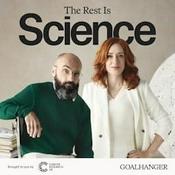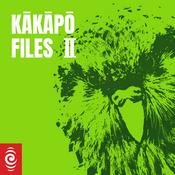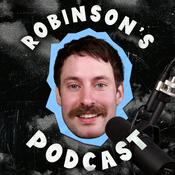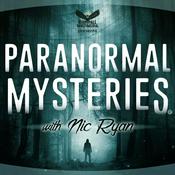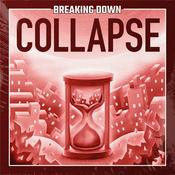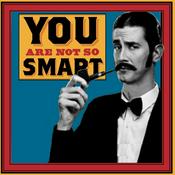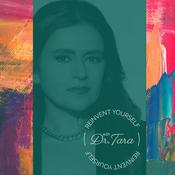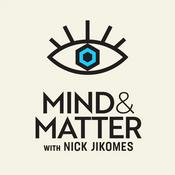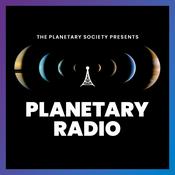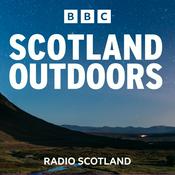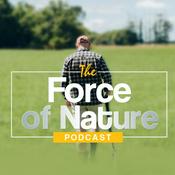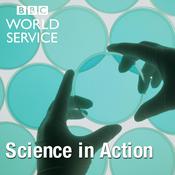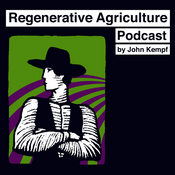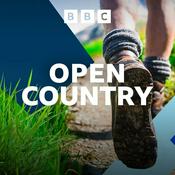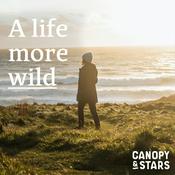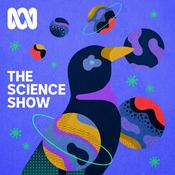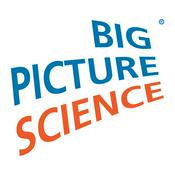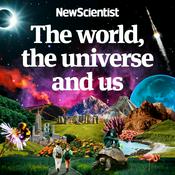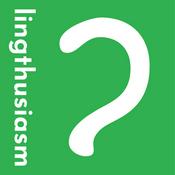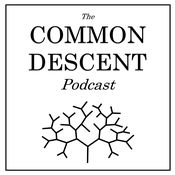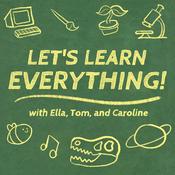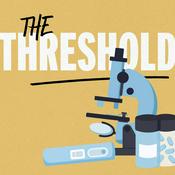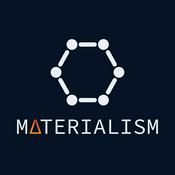62 episodes

Pay a Kiwi farmer a salary to grow your own food
11/6/2025 | 49 mins.
I speak to Fokko van der Schans and Sabrine van Rossum from Harvest Collective about their idea of starting a farm near Wellington where +- 200 families get together and employ a farmer to grow food in a way that respects nature. On their website they say “Our big dream is to have a Harvest Collective farm in every community of people in Aotearoa that want to grow food in harmony with nature.” The idea works in The Netherlands, why not here.

Pay a Kiwi farmer to grow your nature friendly food!
10/6/2025 | 49 mins.
I speak to Fokko van der Schans and Sabrine van Rossum from Harvest Collective about their idea of starting a farm near Wellington where +- 200 families get together and employ a farmer to grow food in a way that respects nature. On their website they say "Our big dream is to have a Harvest Collective farm in every community of people in Aotearoa that want to grow food in harmony with nature." The idea works in The Netherlands, why not here.

Dr. Finn Ross - The Pole of Inaccessibility, mountain rescues and seaweed
12/5/2025 | 42 mins.
I speak to Dr. Finn Ross about the mountain rescue of Riley Meason, reaching the Pole of Inaccessibility, New Zealand's most remote spot, The Weekend Mish, regenerative agriculture and changing mindsets, his PhD and how seaweed is a climate solution. Find him here

Elephant seals - climate impact, dark intraspecific extinction and more.
05/5/2025 | 48 mins.
I speak to Associate Professor Nic Rawlence, Director of the Otago Palaeogenetics Laboratory in the Department of Zoology at the University of Otago about elephant seals. He tells me about a recent paper published titled Postglacial Recolonization of the Southern Ocean by Elephant Seals Occurred From Multiple Glacial Refugia. We discuss climate impact on elephant seals in the past and in the future. The effect of commercial hunting and traditional harvest. Dark intraspecific extinction. We touch on how animal numbers looked in New Zealand when humans arrived, how to save elephant seals, if ChatGPT is any good for DNA work and more.

NZ birds now face similar conditions faced at the end of the ice age
29/3/2025 | 1h 4 mins.
I speak to Pascale Lubbe, Postdoctoral Research Fellow in Molecular Ecology, at the University of Otago about how current loss of forests, loss when people arrived in New Zealand and loss of forest during the ice age have an effect on native birds and on bird colonisation. An interesting read is the article Pascale collaborated on that was published in The Conversation.
More Science podcasts
Trending Science podcasts
About Let’s Hope The Weather Holds
Listen to Let’s Hope The Weather Holds, The Rest Is Science and many other podcasts from around the world with the radio.net app

Get the free radio.net app
- Stations and podcasts to bookmark
- Stream via Wi-Fi or Bluetooth
- Supports Carplay & Android Auto
- Many other app features
Get the free radio.net app
- Stations and podcasts to bookmark
- Stream via Wi-Fi or Bluetooth
- Supports Carplay & Android Auto
- Many other app features


Let’s Hope The Weather Holds
download the app,
start listening.
